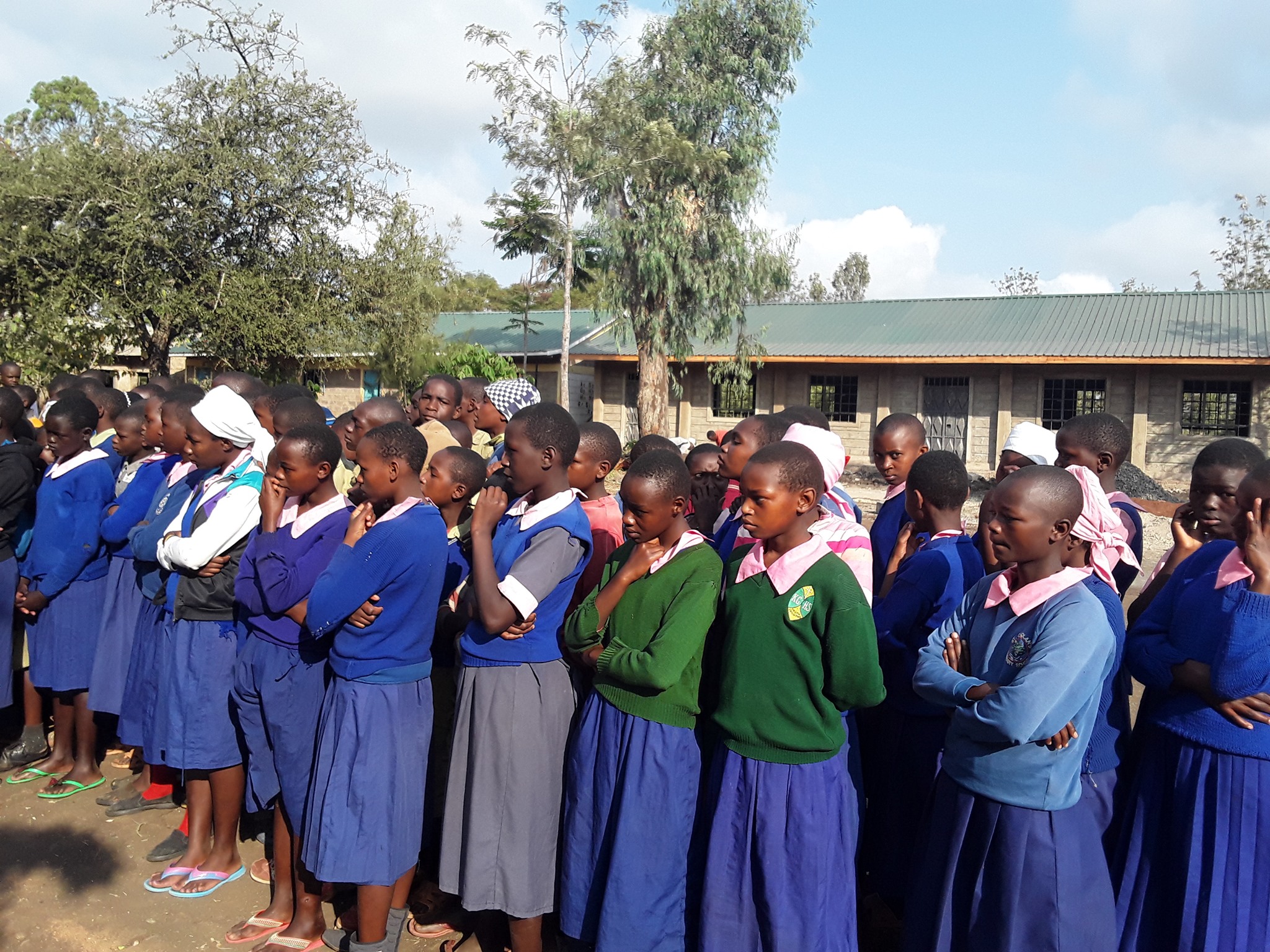
Gender Equality and Teen Empowerment Program
The Gender Equality and Teen Empowerment Program is aimed at equipping boys and girls with life skills, leadership capacity, and reproductive health knowledge to help them navigate the challenges of adolescence and early adulthood. Gender-based violence (GBV) and teenage pregnancies continue to pose serious challenges for Kenyan adolescents: a 2024 report revealed that 42% of all adolescents have experienced some form of GBV, with 26.1% of boys and 16% of girls reporting physical violence, and 3.7% of girls suffering sexual violence (citizen.digital). Kenya ranks third globally in teen pregnancies, with one in five girls aged 15–19 already mothers or expecting, and over 254,000 adolescent pregnancies recorded in 2023 alone (womankenya.com). High rates of early marriage—23% of girls marry before 18 (4% before 15)—are compounded by poverty, lack of education, and poor access to sexual and reproductive health services . These trends not only impair girls’ physical and mental health but often result in school dropout, social exclusion, and increased vulnerabilities, emphasizing the urgent need for integrated prevention, education, and support interventions.
Among our pilot counties, for instance, in Kisumu, teenage pregnancy stands at 22%, affecting girls’ school completion rates. Mombasa reports increased cases of gender-based violence (GBV), while in Kiambu and Nairobi, cultural stereotypes and toxic masculinity continue to hinder positive male engagement in development. Furthermore, many rural teens lack access to information about consent, menstrual hygiene, and reproductive rights and that is why we come in as an organization to help in curbing these issues.
NeGI will implement gender-responsive teen clubs in schools, offering mentorship, SRHR training, career guidance, and peer-to-peer counseling. Boys will be engaged in positive masculinity programs to reduce sexual harassment and promote shared responsibilities. Girls will receive leadership training, hygiene kits, and business startup support. The initiative will also organize intergenerational dialogue forums, linking teens with role models and policymakers. By addressing harmful practices such as FGM, early marriage, and school-related sexual violence, this program seeks to create a safer, more equitable society. Its ripple effect will be seen in increased school retention rates, improved self-confidence among teens, and a generation that champions equality and respect.

